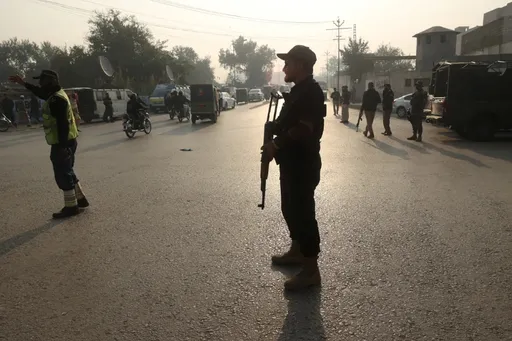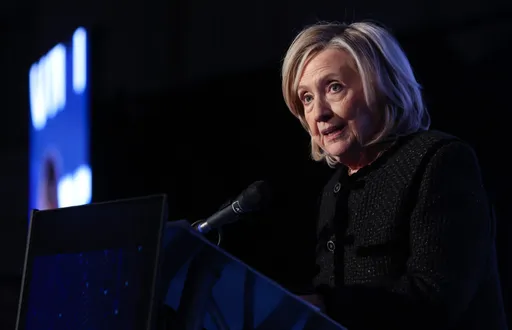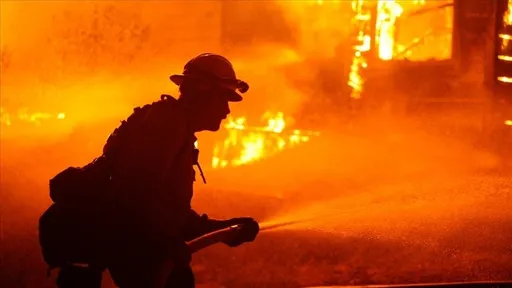In 2001, Kabul’s old city and its major commercial area Shahr-e-Naw hosted only a handful of restaurants. For ordinary Kabulians, there was almost no place outside their homes to socialise or meet friends over coffee or desserts.
But with the US military occupation of Afghanistan in 2001 came plenty of international organisations, including aid agencies and human rights groups, who set up their offices, hired the local staff and paid them dollar salaries. The sudden inflow of money and investments lifted thousands of Kabulians out of poverty and created a decent middle-class economy across the city. In the following years, the face of Kabul, a metropolis of over 1000 square kilometres ringed by low-lying hills, changed for good.
The demand for chic cafes and restaurants grew manifold and by the mid-2010s, the Shahr-e-Naw neighbourhood teemed with young energy, with over a dozen cafes on a 1000-metre-long stretch being frequented by the city's youth.
The cafe culture spread out across the city with hundreds of food joints, tea shops and restaurants opening up in the past decade. Kabulians found some solace in them amidst political turmoil, insecurity and gruelling conflict.
The advent of satellite TV and fast speed Internet coupled with more and more Afghan youth travelling abroad for education, business and tourism changed the lifestyle of many Afghans. The urban youth frequented these spaces to socialise along the Western margins, meeting friends and family.
That kind of life suddenly froze in its tracks as the Taliban entered Kabul on August 15. The city's entrepreneurial economy fuelled by the entertainment and food service boom has come to a near standstill.
The restaurant and cafe industry is staring at an uncertain future, as the fear of the Taliban has discouraged many people, especially women, to visit such places.
Ahmad Farid Amiri, CEO and co-founder of Slice Bakery and Cafe, one of Kabul’s famous coffee shops, is in low spirits because of the slowing economy. He had opened the coffee shop in June 2016.
“We wanted Slice to be a place where the youth come after work for comfort. We offered them coffee, pastries, internet and board games,” Amiri told TRT World.
Young girls and working women
Since last month, the business has suffered at both the branches of Slice Bakery. On any given day prior to the Taliban's takeover, Amiri said the two cafes attracted up to 1,600 visitors per day.
"Nowadays, the number hardly gets to 200."
Afghans began to worry about the economic crisis and insecurity after the 2014 presidential elections, which ended with controversy as none of the leading candidates admitted defeat, prompting the US to mediate and paving the way for Ashraf Ghani to rise to power.
This coincided with the official end of NATO’s ISAF mission in Afghanistan and a subsequent decrease in international funds that supported the US-backed Afghan government.
Amiri and his partners still went ahead with the gamble of launching Slice Bakery in the hope of creating jobs and breaking even.
“We started it at a time when many wanted to leave the country," he said, adding that their main goal was to create positive energy, encourage investors at a time when the market seemed to be heading toward a bust.
Slice Bakery did have a good run in the initial months and it soon became the talk of the town. Young Afghans visited it for coffee and pastries as well as meetings and debates.
Now that the Taliban's arrival led to the total freeze in foreign aid, leaving Afghanistan in the lurch when it needed economic support the most, Amiri doesn't want to give in so easily. He plans to keep the cafe open despite the city quickly sinking into poverty.
Young girls and working women that would regularly gather in these cafes and restaurants for a cup of coffee, pastries and shisha now mostly remain at home.
“A large portion of society is absent from the public sphere which impacts our business,” Amiri said.
“Just a few women visited our cafe during the first days of Taliban seizure of Kabul but they are not coming now.”
The Taliban are not allowing women to go to work as they believe women should not work alongside men. The new regime recently ordered universities to segregate classes based on gender.
If cafes continue to function at all, they might have to arrange separate places for men and women. The Taliban will most likely ban cafes and restaurants from delivering shisha and smoking services.
Amiri has made up his mind to divide his cafe into two separate sections: one for men and the other for women. But that also depends on whether the Taliban will allow women to venture out without a male chaperone.
Nargis Aziz Shahi, one of the first women cafe owners in Kabul, told TRT World that her coffee shop is closed.
“A few days after the Taliban took control of Kabul, they visited my shop and inquired about me,” Shahi said.
The Taliban's visit to Shahi's cafe made her feel insecure. From the very next day, she pulled down the shutters on her business and stayed indoors.
"In the first two weeks (of Taliban's takeover), there was not a single visitor to the cafe,” she said.
On the other hand, Amiri has also downsized the staff strength at his cafe from 90 to 50 people. The economic crisis compelled him to make salary cuts, too.
He has informed his landlord that he may not be able to pay the rent for long.
“We will not be able to run the coffee shop after 2-3 months if the situation remains like this,” Amiri said.
Alima Farhad who regularly visited Slice Bakery with her friends in Kabul says she was not allowed to sit at the cafe because its staff feared the Taliban would spot them inside and get angry.
“They told me to take my coffee with me outside the shop.”
Farhad said every other place she went to for coffee and spending time with male and female friends is closed now.
Dr. Palwasha Ahad, an Afghan American psychologist, believes that “while at the individual level, one’s biological need for connection and socialization with others is met”, the restaurant and cafe culture causes detachment from some harsh realities in the society.
“This comes at the cost of becoming detached from the ground realities and injustices happening to the less fortunate -those outside the bubble of influence.”
The restaurant industry has been an integral part of Kabul's economic growth as the business paid taxes and employed people.
“The restaurants have had a multiplier impact. They employed people, paid taxes to the government and other shops supplied necessary items to them,” said Noor Alam Hakimyar who led Harakat, an Afghan NGO working for private sector development and economic growth.
“Most recently, international brands were launched in Kabul that could boost more investment,” Hakimyar added.
After the Taliban's takeover, many of the restaurants and snack bars are either fully closed or struggling to make ends meet.























